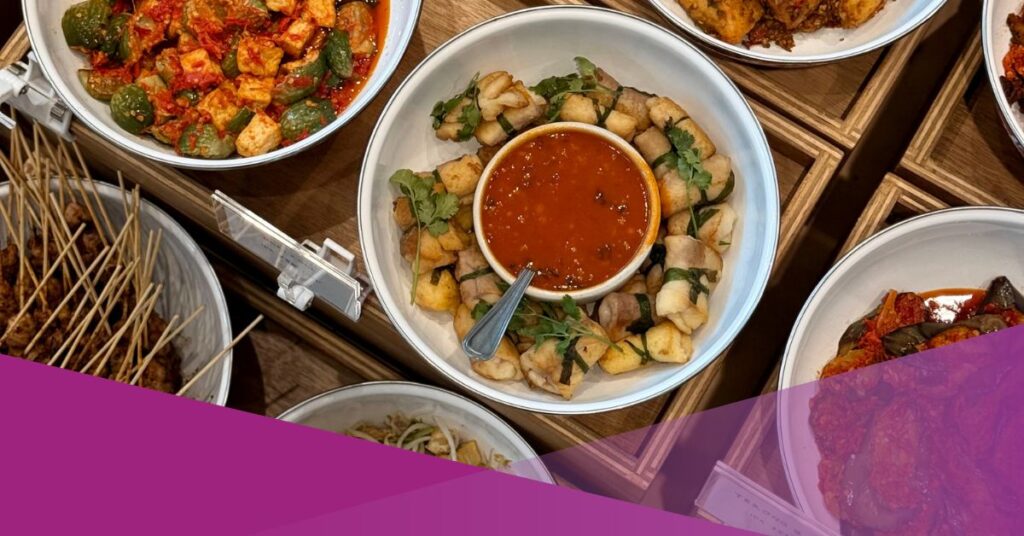Diet programs have grown in popularity in Indonesia, as they have in many other countries around the world. Many Indonesians are looking for ways to lose weight and improve their overall health as their awareness of healthy habits and wellness grows.
There are numerous healthy and balanced meal plans to choose from, ranging from low-calorie to plant-based. In this article, we’ll look at some of the most common diet programs in Indonesia and what makes them so appealing to people looking to lose body weight or want to achieve healthier well-being.
Intermittent Fasting
Intermittent fasting is a healthy and balanced diet program that is followed at the same time by a specific method of eating pattern division. The 16/8 method of intermittent fasting involves limiting calorie daily intake to 8 hours per day.
A diet works by limiting eating time in order to reduce calorie intake. Eating restrictions aid in the gradual loss of weight. If you eat too much during the allowed feeding period, it is said to fail.
Fasting has been shown in studies to reduce weight by 3 to 8% in 3 to 24 weeks. Another study of intermittent diets discovered that it enables people to increase fat burning while preserving muscle mass and increasing metabolism.
Mayo Diet
The mayo diet, also known as the grapefruit diet or the Hollywood diet, is a brief fad diet that consists of a low-calorie meal plan.
You are not allowed to consume salty foods while on the mayo diet. You may eat whatever nutrient-dense foods you want as long as it is healthy and contains no salt. Furthermore, it is not permitted to consume ice or ice water. The correct mayo diet is to follow it for 13-14 days without stopping
The goal of the diet is to help you lose weight quickly. This programme was effective in helping you lose up to 8 kg in two weeks. However, it is not a sustainable long-term solution for weight loss. The diet is extremely restrictive and may not provide your body with all the nutrients required to function properly.
Vegetarian Diet
A vegetarian diet is one of the most widely followed diet programs. For health and environmental reasons, this diet restricts the consumption of animal products. In addition to vegetable food groups, the diet includes the majority of fruits, nuts, and whole grains.
This diet program aids weight loss by consuming more fibre-rich foods, which have been shown to keep the stomach fuller for longer and are low in fat. It offers health benefits like a lower risk of heart disease, cancer, and diabetes.
Despite its health benefits, the vegetarian diet has the disadvantage of limiting essential nutrients found in animal products, such as iron, vitamin B12, vitamin D, calcium, zinc, and omega-3 fatty acids. Supplements can help compensate for these nutritional deficiencies.
Raw Food Diet
The raw food diet, or the raw vegan diet, is a plant-based diet that focuses on eating raw and unprocessed foods. These dieters may only consume raw food or foods that have undergone a small processing process with heat not exceeding 400 °C.
A raw food diet is thought to improve digestion, making food easier for the body to absorb and lowering the risk of chronic disease. However, be cautious when embarking on this raw food diet because some foods are thought to be potentially unsafe to consume raw due to the presence of poison.
Looking for other diet programmes that are commonly applied in Indonesia? Check out these articles below:



































